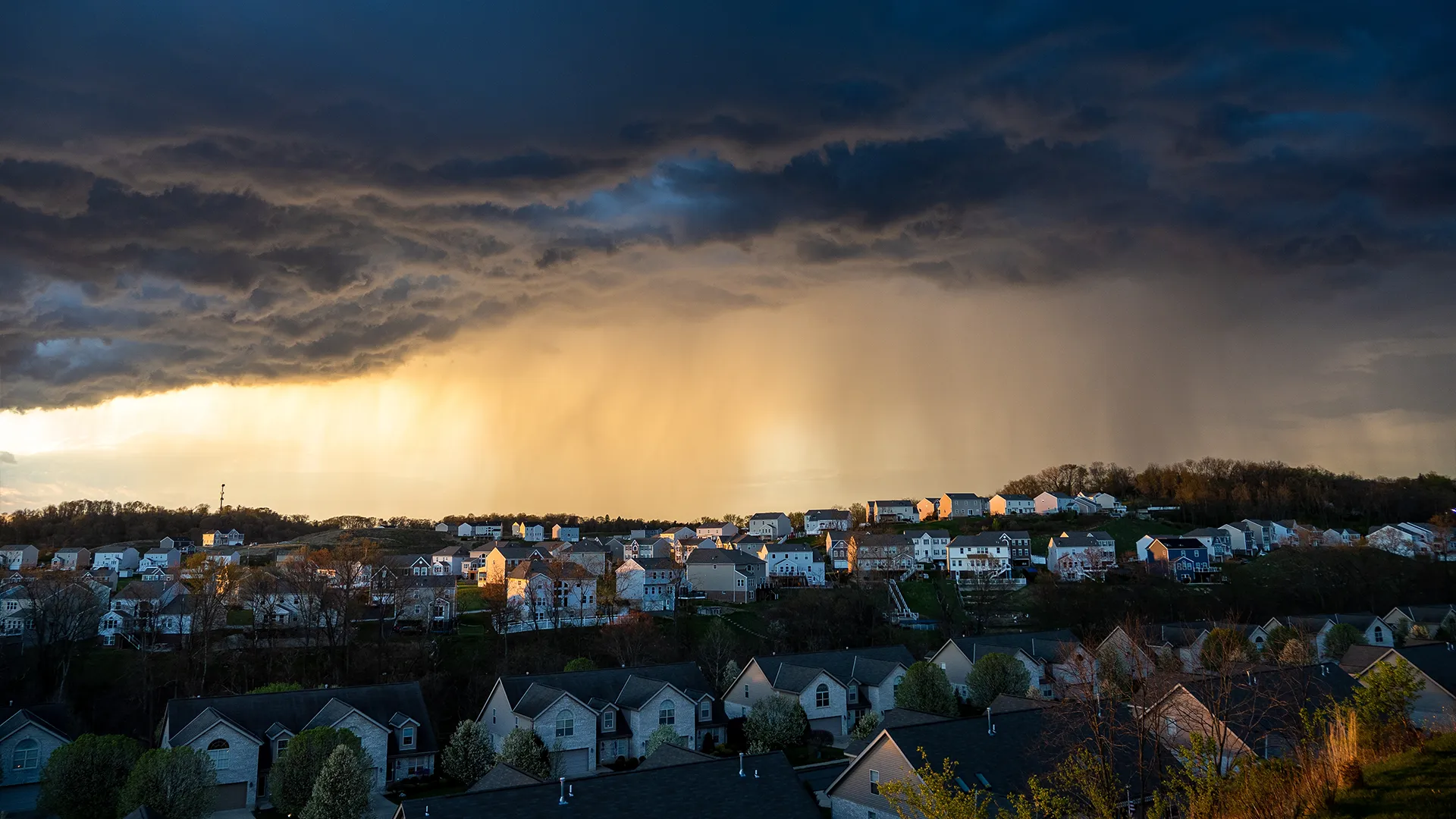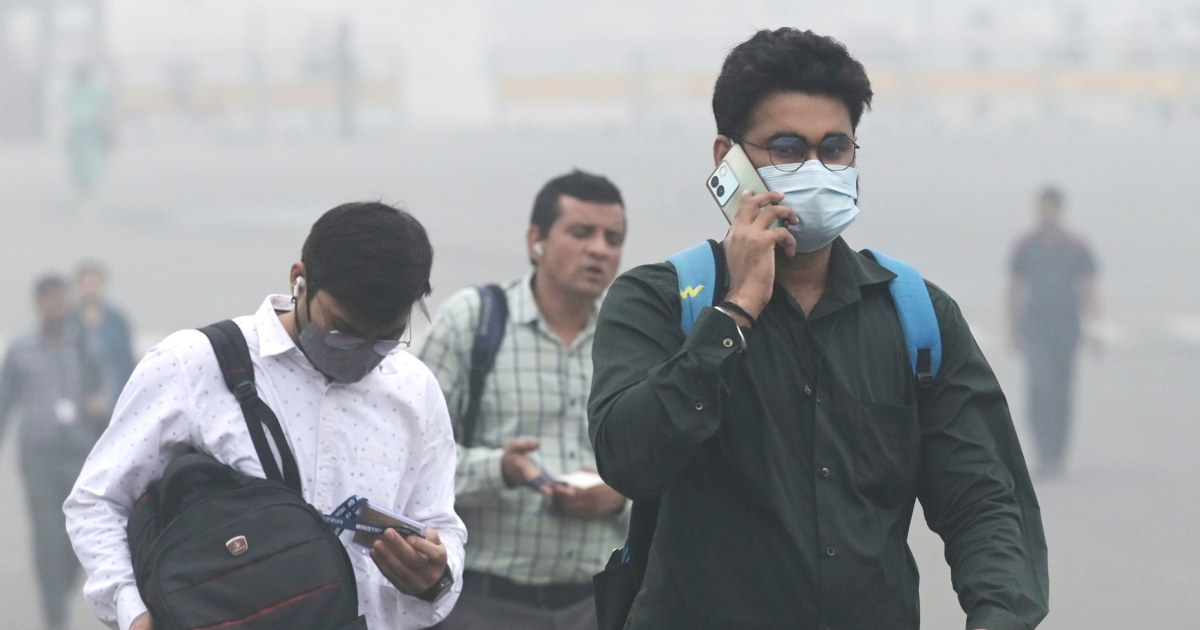
In a surprising twist during an air quality study in Oklahoma, researchers detected MCCPs an industrial pollutant never before measured in the Western Hemisphere.

In a sweeping new study of more than 13,000 urban areas worldwide, researchers have mapped air pollution levels and carbon dioxide emissions, providing comprehensive global analysis of urban environmental quality.

Microplastics are superpervasive - getting into human tissue, ancient rock, and bottled water - but it may come as a shock to discover just how many of these tiny fragments can lurk inside a single tea bag.

A new study shows that long-term exposure to air pollution contributes to millions of deaths in India. The research emphasizes the need for stricter air quality regulations in the country.

The researchers have now identified chloronitramide anion as an end product of inorganic chloramine decomposition in treated drinking water.

Officials in New Delhi, the world's most polluted capital, banned non-essential construction and urged residents to avoid burning coal in an effort to combat worsening air quality.

A new study documents how Southern Californians in U.S. are chronically being exposed to toxic airborne chemicals called plasticizers, including one that's been banned from children's items and beauty products.

By the end of the century, tens to hundreds of millions could be deprived of even this tenuous supply of moisture as rising temperatures risk turning shallow groundwater supplies into toxic sumps.

Emerging research is shedding light on a startling connection between air pollution and suicide rates, underscoring the far-reaching effects of environmental pollutants on mental health.

The average litre of bottled water has nearly a quarter of a million pieces of microplastics and tiny, invisible nanoplastics, new research has found.

Human activities are making the globe saltier, specifically in our soils, fresh water and air, according to a new study. The excess salt has already caused serious issues in freshwater supplies in recent decades.

Global warming could push tropical forests to a point where photosynthesis fails and trees die. The ramifications are huge, scientists say.

This is the first study to comprehensively estimate the link between increased antibiotic resistance and air pollution globally.

According to a new study, some plants can clean toxic chemicals from the air, helping clear out cancer-causing toxins in a matter of hours.

Almost no area of land on Earth has levels of air pollution deemed safe by the World Health Organisation, a new study has found.